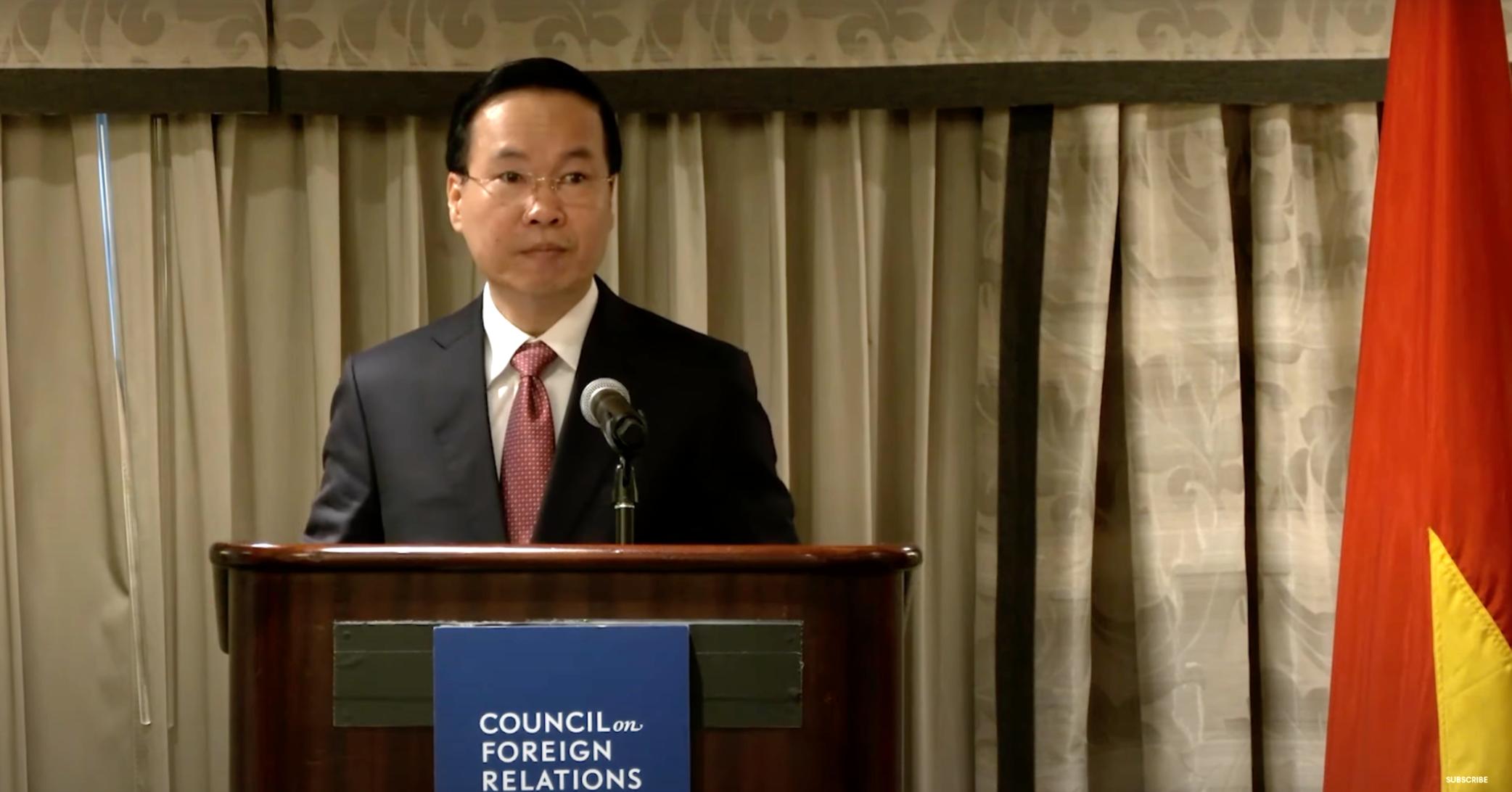Vietnam president Vo Van Thuong has resigned after only one year in office due to "violations" and "shortcomings", Financial Times (FT) reported, citing the governing Communist Party.
Thuong was said to have resigned due to connections to a corruption scandal in his home province, according to BBC.
The government added that Thuong had supposedly infringed party rules and "negatively affected" its reputation.
Sworn into office last year
Thuong, 53, was sworn into office last year to replace another president who was forced to step down because of alleged corruption links.
In his first speech as president, Thuong expressed his commitment to fight corruption.
The Communist Party leadership has identified corruption as a crucial issue it needs to address urgently, according to BBC.
The corruption crackdown has led to the arrest of hundreds of government personnel and the resignation of high-ranking politicians.
According to BBC, a shift in Vietnam's leadership is normally planned and choreographed.
They suggest that the loss of two presidents over corruption scandals in just over a year shows that the Communist Party is struggling to cope with graft, which has become endemic in Vietnam's rapidly growing economy.
One of the four integral roles
The president is one of the four integral roles in Vietnam's politics.
It is also the second most powerful post in the country after the Communist Party's secretary-general.
The other two integral roles include the prime minister and the chair of the National Assembly.
Nguyen Phu Trong, the current secretary-general, is known for leading years-long campaign against corruption, which critics claimed also targeted his political rivals.
Thuong was previously seen as a potential successor to the 79-year-old secretary-general, who is widely expected to step down from his role in 2026.
In his short tenure as president, Thuong was able to upgrade Vietnam’s relationship with the U.S. to that of a Comprehensive Strategic Partnership.
He also met with China president Xi Jinping when the latter visited Vietnam in December, where the two signed 36 agreements to deepen cooperation.
Political uncertainty
Thuong's resignation will bring about political uncertainty, especially at a time when Vietnam is attracting record foreign investment.
According to FT, the corruption graft has dragged and expanded to private businesses and affected government approvals of projects and licenses.
Government officials have also been reluctant to approve grants out of fear of being investigated for corruption.
It's uncertain how far the anti-corruption campaign will go.
However, the anti-corruption crackdown has brought about a damaging impact on the ruling party's reputation and leadership, which could very well weaken the confidence of foreign investors, which the country depends on to grow its economy.
Related story:
Top image screenshot from Council on Foreign Relations/YouTube.

If you like what you read, follow us on Facebook, Instagram, Twitter and Telegram to get the latest updates.



